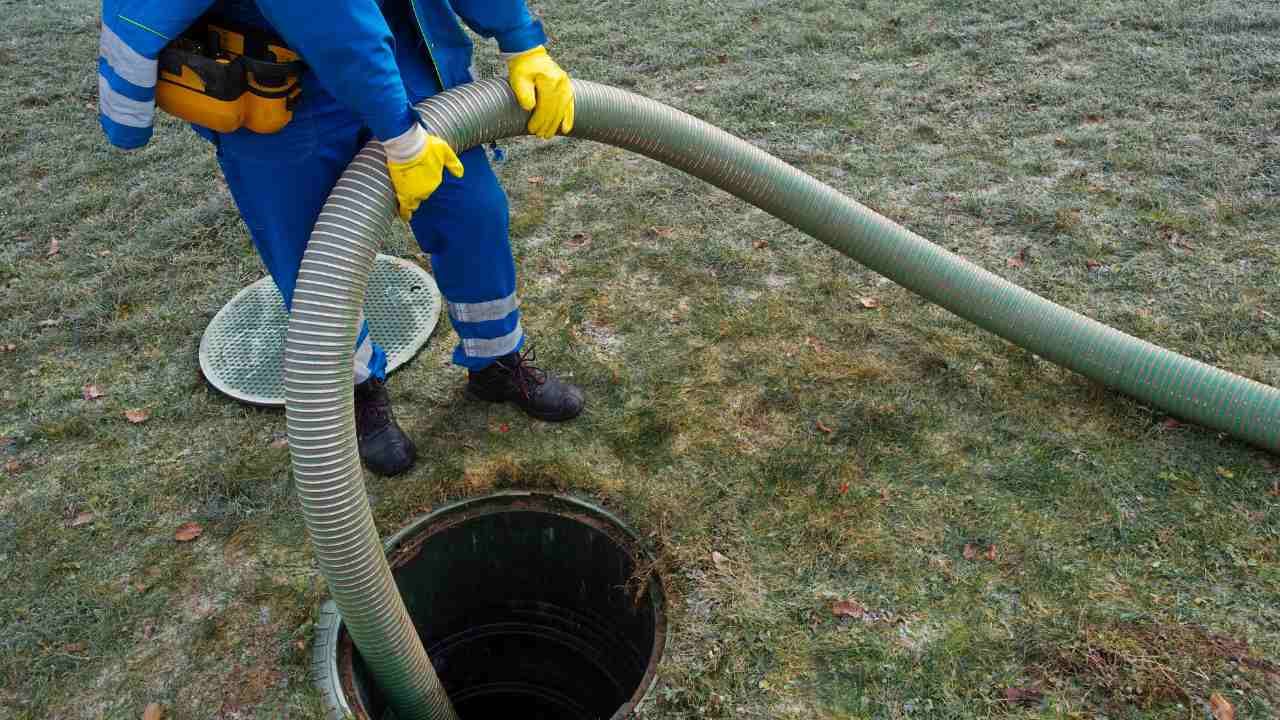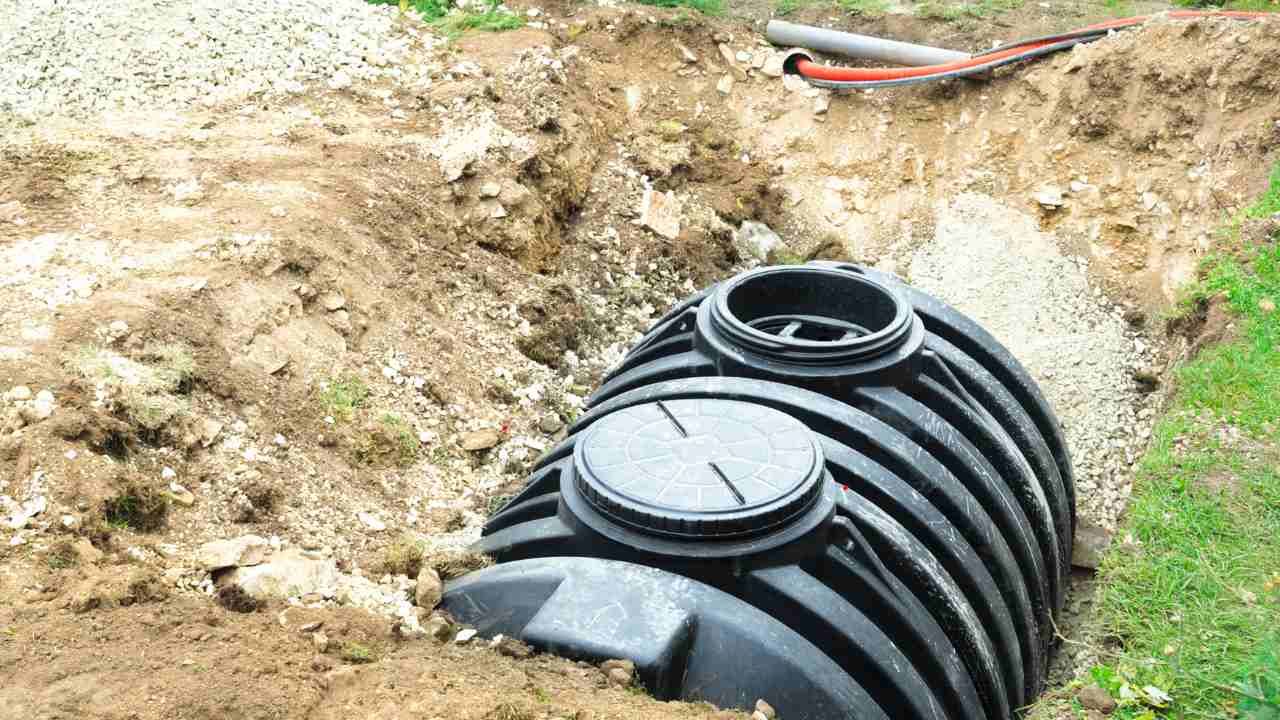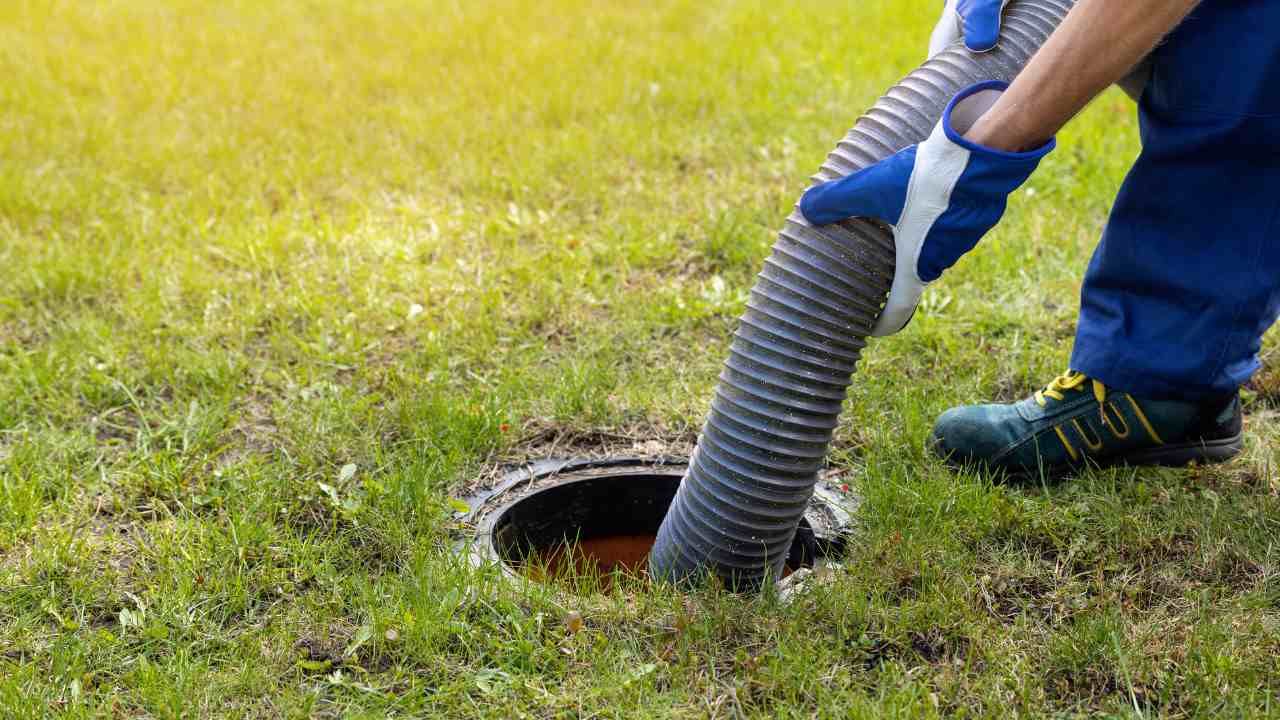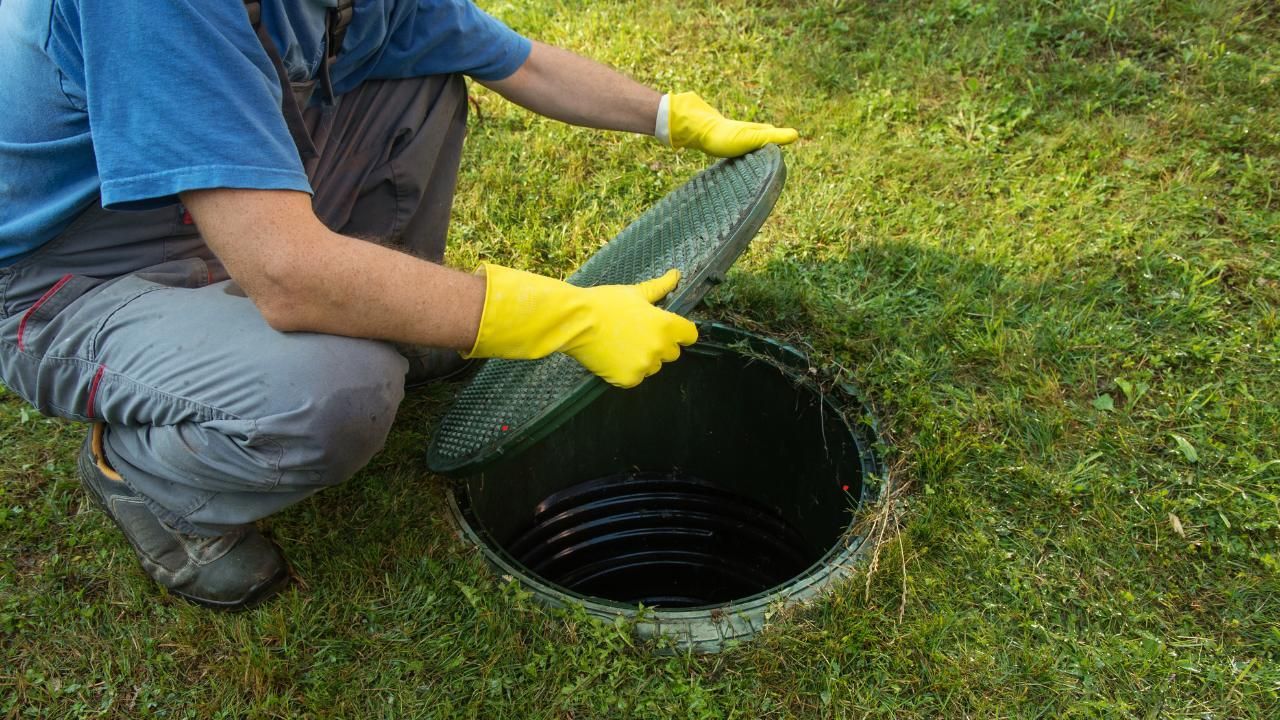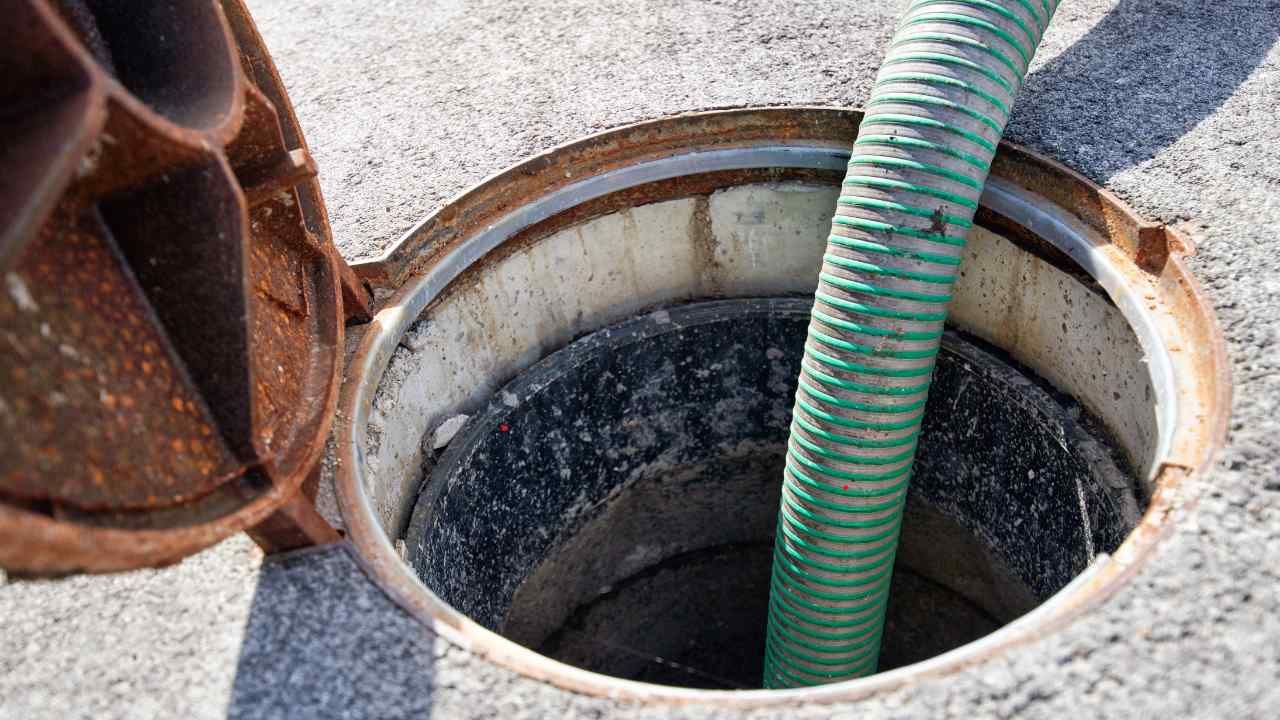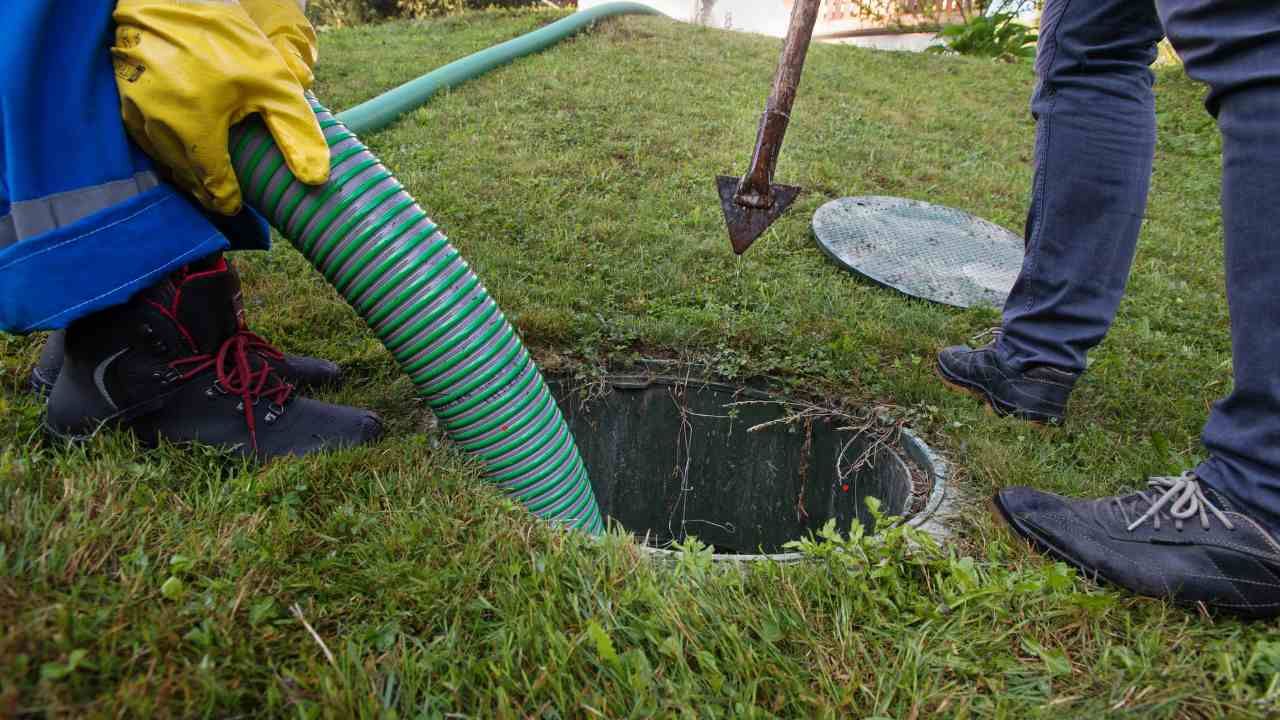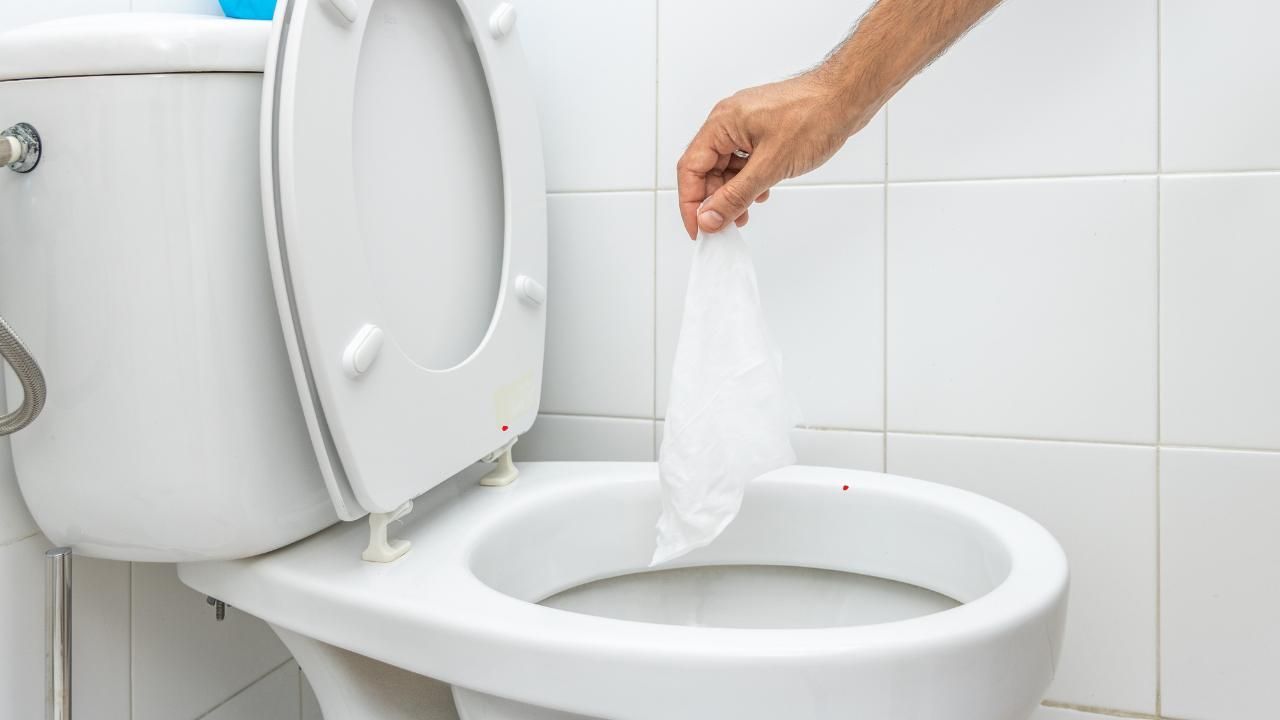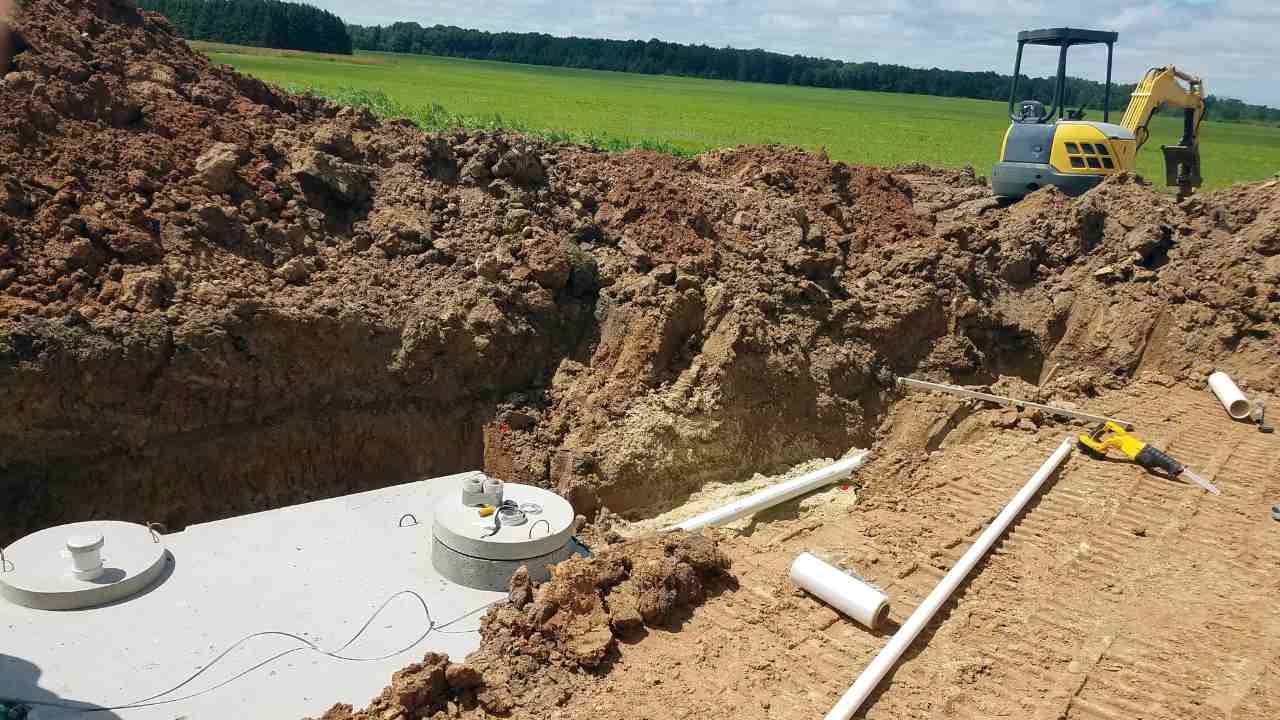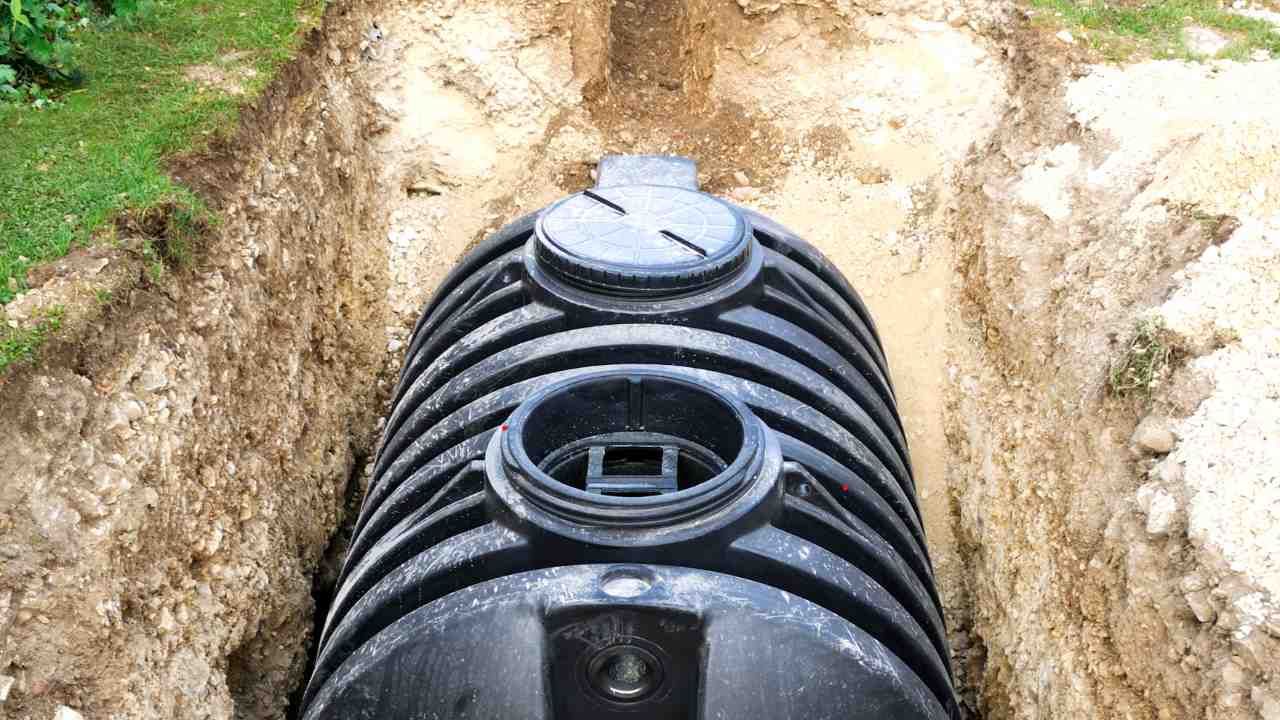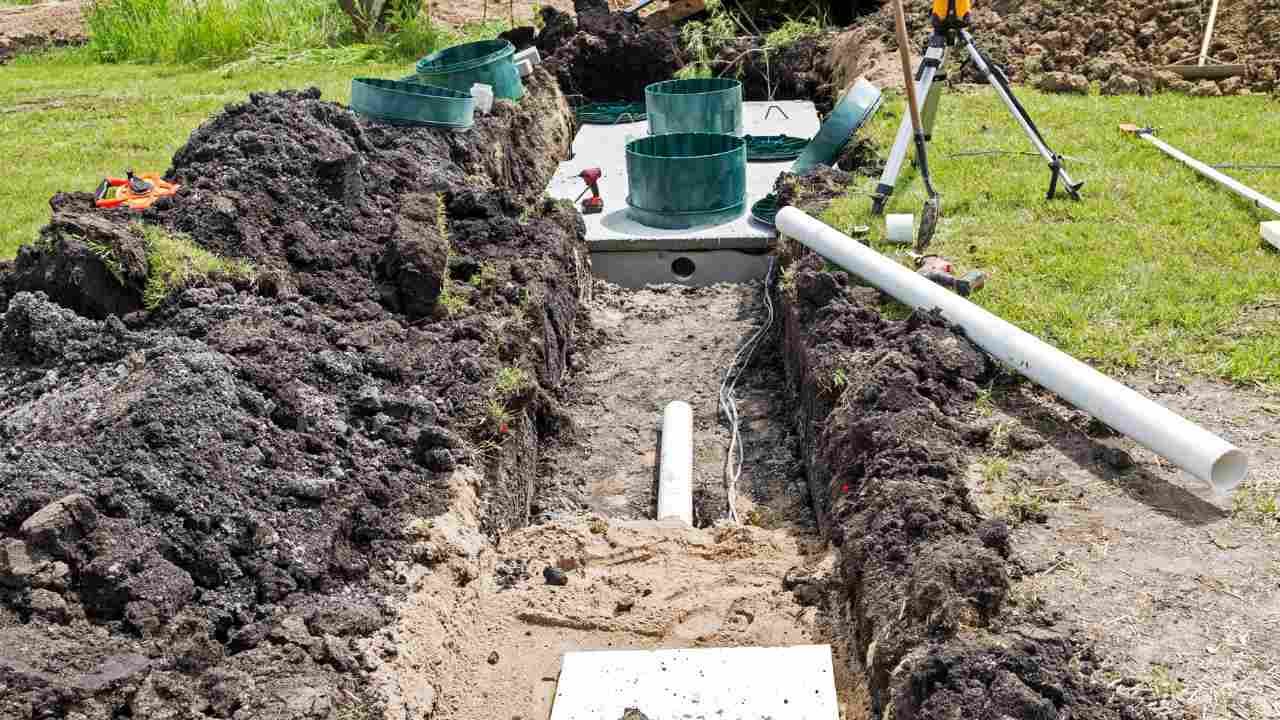Septic Tank Additives: Helpful or Harmful?
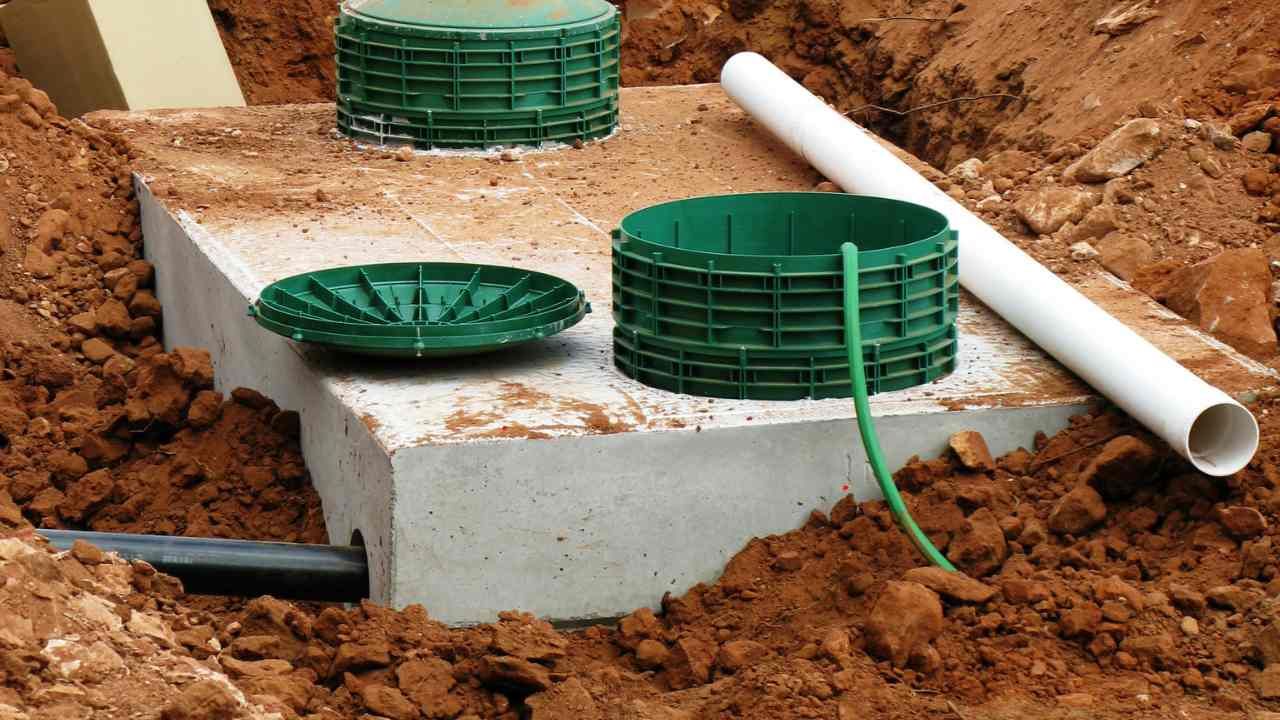
If you’re a homeowner in Miami, you know that keeping your septic system healthy is critical—especially in South Florida’s warm, wet climate. Among the many products marketed to make your life easier, septic tank additives promise cleaner tanks, fewer pump-outs, and fewer problems. But do they really work? Or could they end up doing more harm than good?
In this post, we’ll dig into what septic tank additives are, how they work, and whether they’re a smart investment or a risky shortcut.
What Are Septic Tank Additives?
Septic tank additives are commercially sold products—usually in liquid or powder form—that claim to enhance the performance of your septic system. These products typically fall into two categories:
- Biological additives, which include bacteria, enzymes, or yeast, aim to boost the natural breakdown of waste.
- Chemical additives, such as acids or formaldehyde-based formulas, claim to unclog or clean systems by breaking down grease, soap scum, and other build-ups.
They’re widely available at hardware stores, online, and sometimes even recommended by friends or neighbors. The real question is: do you actually need them?
Are They Effective?
Here’s the truth: most well-functioning septic systems already contain the natural bacteria needed to break down waste. In fact, every time you flush, you’re introducing more of those microbes into the tank. So, adding more bacteria doesn’t usually improve the system’s performance.
In some cases, biological additives may help newly installed systems or those that have been dormant. However, for regularly used systems, there’s little evidence these additives speed up the natural processes already taking place.
When it comes to chemical additives, the results are even more questionable. Some may temporarily dissolve grease or soap buildup, but they can also kill the helpful bacteria your system relies on. Without those microbes, your septic tank can’t properly break down waste, leading to backups, foul odors, and expensive repairs.
Can Additives Cause Damage?
Yes—especially chemical additives. Here's how:
- Disrupting the biological balance: Strong chemicals can wipe out the good bacteria in your tank. Once that ecosystem is out of balance, solids can accumulate faster, leading to clogs and even drain field failure.
- Corroding your system: Harsh acids can eat away at pipes, seals, and other components of your septic system.
- Polluting the environment: Some additives can leach into groundwater, harming local ecosystems and even drinking water sources.
Miami’s high water table and sandy soils make it particularly risky to use any additive that could seep into the environment.
Case Study: The Costly Chemical Fix
Mr. Rodriguez, a homeowner in Miami, noticed slow drains and a slight odor emanating from his septic system. Instead of calling a professional, he opted for a chemical septic tank additive advertised to clear clogs. Initially, the drains seemed to improve, but within a few months, the problems returned worse than before.
A subsequent inspection by Septic Masters revealed that the harsh chemicals had disrupted the natural bacterial balance in his tank, leading to a significant buildup of solids and the early stages of drain field clogging. Mr. Rodriguez faced costly emergency pumping and the potential for even more expensive repairs, a direct consequence of using a harmful additive instead of proper maintenance.
The Safer, Smarter Way to Care for Your Septic System
Rather than relying on additives, Miami homeowners should focus on regular maintenance and smart usage habits. Here’s what that looks like:
- Pump your tank every 3–5 years, depending on household size and usage.
- Be mindful of what you flush—avoid wipes, grease, and harsh chemicals.
- Spread out laundry loads to reduce water strain on the system.
- Have your system inspected regularly by a licensed septic tank contractor.
Working with a trusted local provider like Septic Masters ensures your system is properly maintained without the need for risky quick-fix products. Their expert services help keep your tank running smoothly while protecting your home and the environment.
Bottom Line: Skip the Additives
While septic tank additives may seem like an easy solution, most aren’t necessary—and some can actually harm your system. In most cases, your septic tank is already doing what it needs to do with the bacteria it naturally collects. Instead of pouring chemicals down your drain, invest in proper maintenance and professional care.
For Miami residents, the humid climate and unique soil conditions mean that regular checkups and mindful usage will go much further than any bottle of enzymes ever could. If you're in our service areas, including Miami, contact us for reliable septic tank maintenance and care.
Ask Your Questions
Get In Touch, Leave Us A Message
We're committed to providing affordable and reliable septic tank services. Whether you need cleaning, maintenance, or repairs, our experienced team is here to help. Get in touch with us today and leave us a message to schedule an appointment or inquire about our services.

